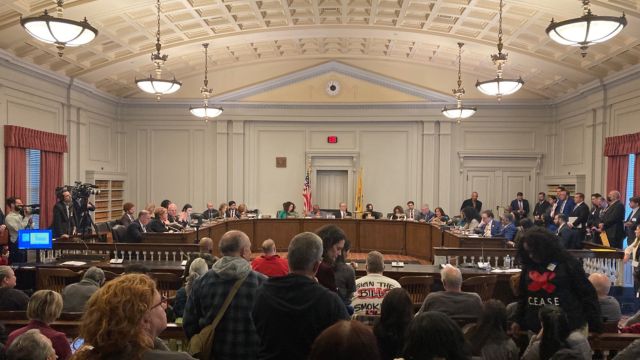Given that both of the front-runners are female, Mexico is nearly guaranteed to elect its first female president in June. Andrés Manuel Lopez Obrador, the departing president, is about to finalize a property transaction with an Alabama corporation that would put his successor through a protracted legal struggle that could end up costing the nation billions of dollars.
In the final months before he leaves office at the end of September, populist president Lopez Obrador is putting forth new, costly proposals. This involves taking property from the Vulcan Materials Company, located in Alabama, using eminent domain. That decision is being contested in court, and if Vulcan prevails, Mexico might be responsible for over two billion dollars. This, along with other actions taken by Lopez Obrador, will likely prevent his hand-selected successor, former mayor of Mexico City Claudia Sheinbaum, from doing anything for the majority of her six-year term. Even if Xóchitl Gálvez, the opposition candidate, prevails, she will be burdened by a pile of debt and financial obligations.
The land confiscation was covered by APR in July of last year.
In order to put an end to a savage, protracted conflict, Mexico’s President López Obrador stated back then that he had offered to purchase the oceanfront property for roughly $385 million. Before López Obrador’s government shut them down, the Yucatan peninsula property was home to gravel extraction pits run by Alabama-based Vulcan Materials. The business claimed that it had not yet received or addressed the President’s proposal. Situated near Playa del Carmen, an international arbitration court, Vulcan Materials assessed the almost 6,000-acre property’s worth at $1.9 billion in documents they submitted for a case against the vacation town. According to a government review, López Obrador said that his significantly reduced offer was reasonable. The President now declares that before he leaves office, he will expropriate, or seize, the property. If the Alabama-based quarry firm wins an ongoing international arbitration complaint against Mexico, that might have cost the Mexican government as much as $1.9 billion.
The land is intended for Lopez Obrador’s “Maya Train” project. Since Mexico closed its financially struggling state-run railroads in the late 1990s, the transportation system would likely need to operate on privately concessioned rails. However, the government would likely still need to purchase the trains, maintain the stations, and establish a system for selling tickets.
The 950-mile railway that connects beach resorts and archaeological sites around the Yucatan peninsula must be completed by whoever succeeds Lopez-Obrador. There’s also a $20 billion oil refinery that is frequently delayed and beset by cost overruns. Although both are similarly expensive, and López Obrador regards them as his showpiece projects, the train is still a long way from being completed.
The ideas that cost money just keep coming. At a time when most nations have chosen to close or sell off their own airlines, López Obrador established a state-owned carrier in December. The opportunities to lose a tonne of money are infinite when flights to underutilized, government-run airports are offered at guaranteed ultra-low ticket costs. Finally, he declared on February 5th that workers would be guaranteed full compensation upon retirement from the government.




